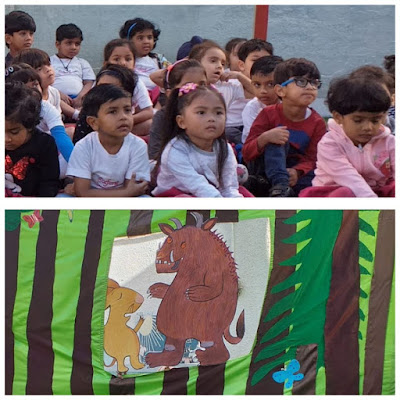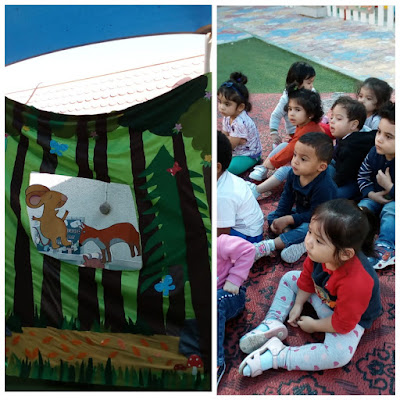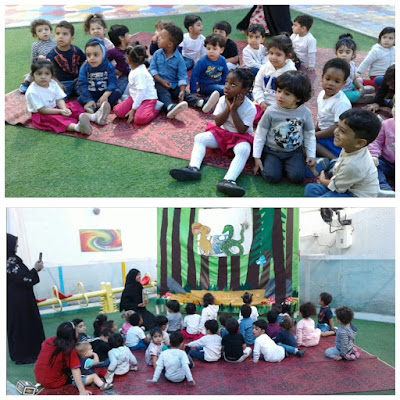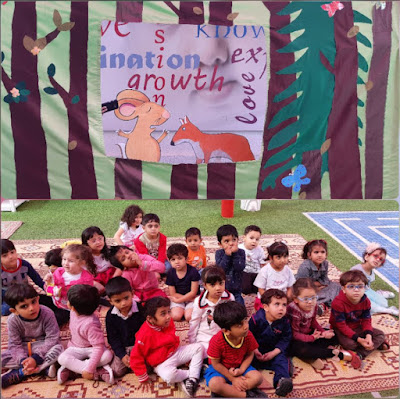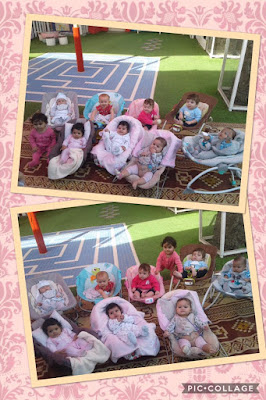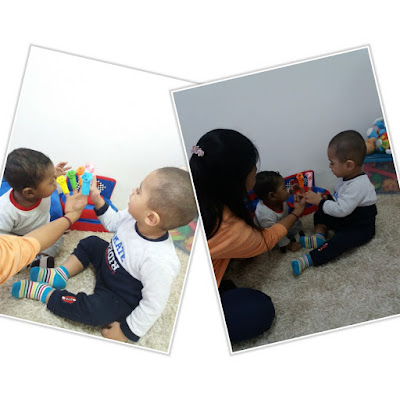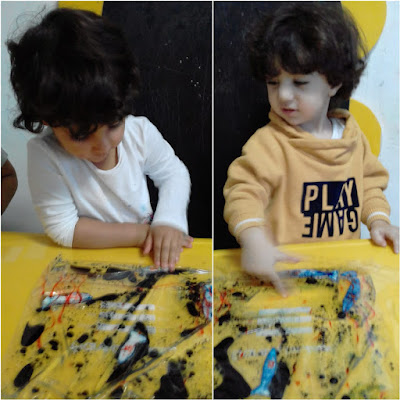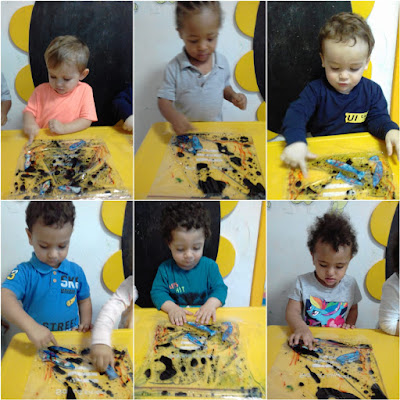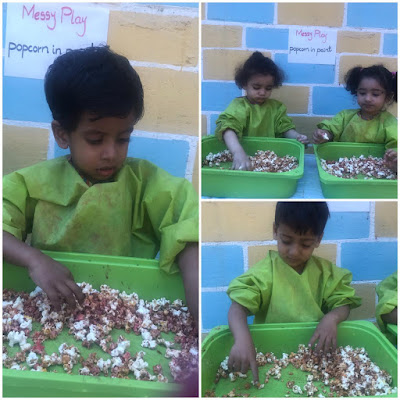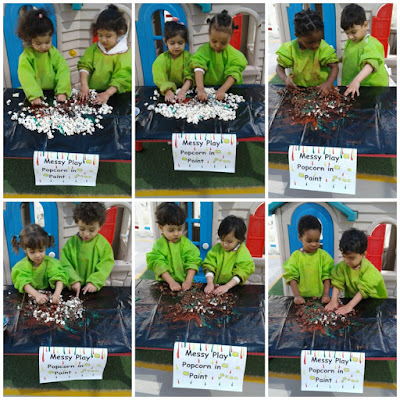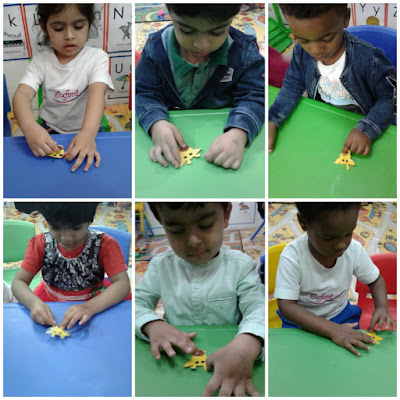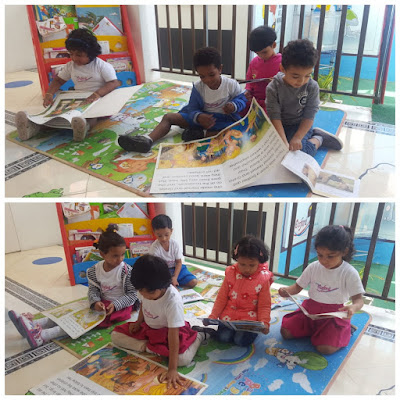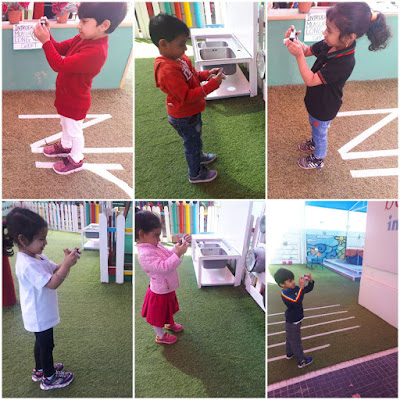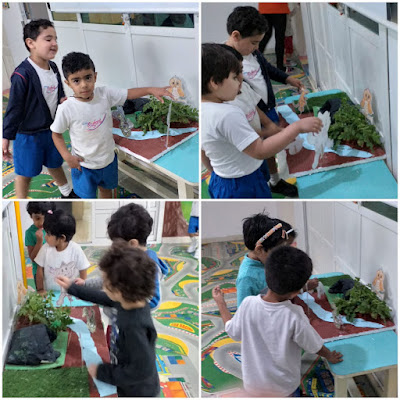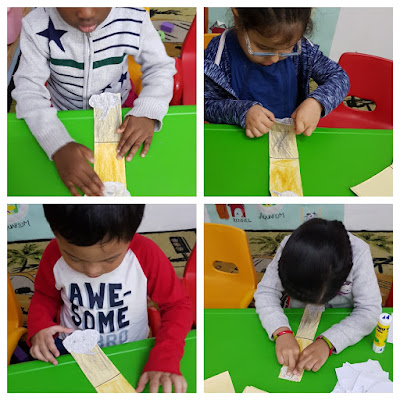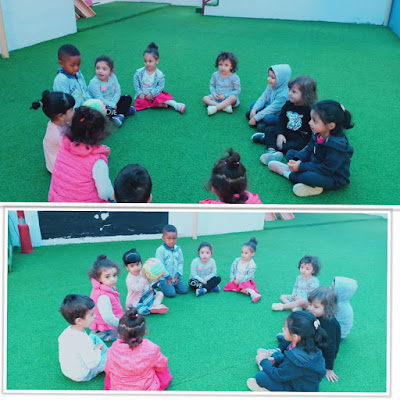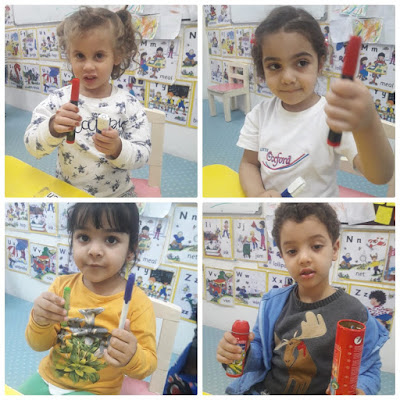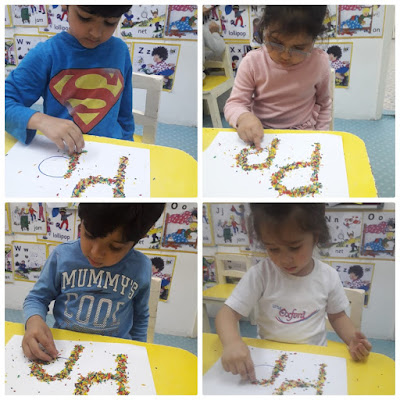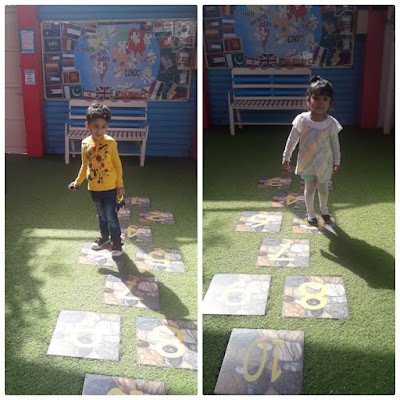SONG OF THE YEAR
UAE National Anthem
https://www.youtube.com/watch?v=o7KpDBYYB4Q
SONGS OF THE WEEK
Arabic Song
Batta
https://www.youtube.com/watch?v=tHSOJanLnuo
To listen to the song of the week for our Babies, Kindly click on the link below:
One Little Finger
https://www.youtube.com/watch?v=eBVqcTEC3zQ
To listen to the song for our Playgroup I, kindly click on the link below:
Baa, Baa, Black Sheep
https://www.youtube.com/watch?v=x6_gQ1sINdw
To listen to the song of the week for our Playgroup II, kindly click on the link below:
Old McDonald Had a Farm
https://www.youtube.com/watch?v=lWhqORImND0
To listen to the song of the week for our Foundation Year, kindly click on the link below:
Hibernation Song
https://www.youtube.com/watch?v=BstmnCYwAE8
UK WORLD BOOK DAY
Parents' Contribution
Reading Videos
Today a Reader - Tomorrow a Leader
To view the Reading Videos contributed by our parents, kindly click on the link below:
https://www.facebook.com/littleoxfordrak/videos/399501027494781/
The Big Puppet Theatre
The Gruffalo
Story Reading
The Gruffalo
Giving Away Books in Charity
OUR BABIES
Learning to read and write doesn’t start in kindergarten or first grade.
Developing
language and literacy skills begins at birth through everyday loving
interactions, such as sharing books, telling stories, singing songs and talking
to one another. Adults—parents, grandparents, and teachers—play a very
important role in preparing young children for future school success and
helping them become self-confident and motivated learners.
OUR PLAYGROUP I
Young children can only sit for a
few minutes for a story, but as they grow, they will be able to sit longer. Let
your child decide how much (or how little) time you spend reading. And you
don’t need to read every page. You may find that your child has a favorite page
or even a favorite picture. She may want to linger there for a while, and then
switch books or activities.
The first—and best—tip for sharing
books with young children is to have fun together! If children are engaged and
enjoying themselves, they are learning. When children have positive
interactions with books, they are developing good feelings about reading, which
will motivate them to continue seeking out books and other literacy materials
as they grow.
OUR PLAYGROUP II
Continue to support your child’s language development with engaging
interactions, playful reading sessions, and ad-hoc language games. For example,
try to trick your child by saying incorrect information, such as telling her
that lions say “woof!” See if she can correct you, and then try to trick you.
Use photos and images to engage your child and invite him into conversations
about family members or remembrances of past adventures. Tell your child
stories about herself, real or made up. Continue talking about colors and other
adjectives (big, small, etc.). Make reading an intimate time and continue to
engage your child in rhymes and word play, inviting her to sing along with you.
Engage her thinking by asking her what she thinks will happen next, what the
character is feeling, etc.
OUR FOUNDATION YEAR
Children this age begin to play with language. They make up stories based on fantasy, but tell these tales as if they are real. Encouraging story-telling will advance their cognition, linguistic abilities, and creativity. They are beginning to understand concrete riddles (”Knock, Knock.” “Who’s there?” “Boo.” “Boo who?” “Why are you crying?”), love silly language, nonsense rhymes, and bathroom talk.
The preschool years are the time
during which children’s emergent literacy abilities develop. In fact, these skills
are the foundation onto which children’s later reading and academic abilities
will build off of. Most important for literacy is the development of
phonological awareness (often called phonemic awareness), the ability to
recognize and manipulate the sound units that make up words, be these
individual phonemes (sounds) or syllables. Thus, discerning sounds is a key
early literacy skill.
OUR AFTERNOON KIDS' CLUB










